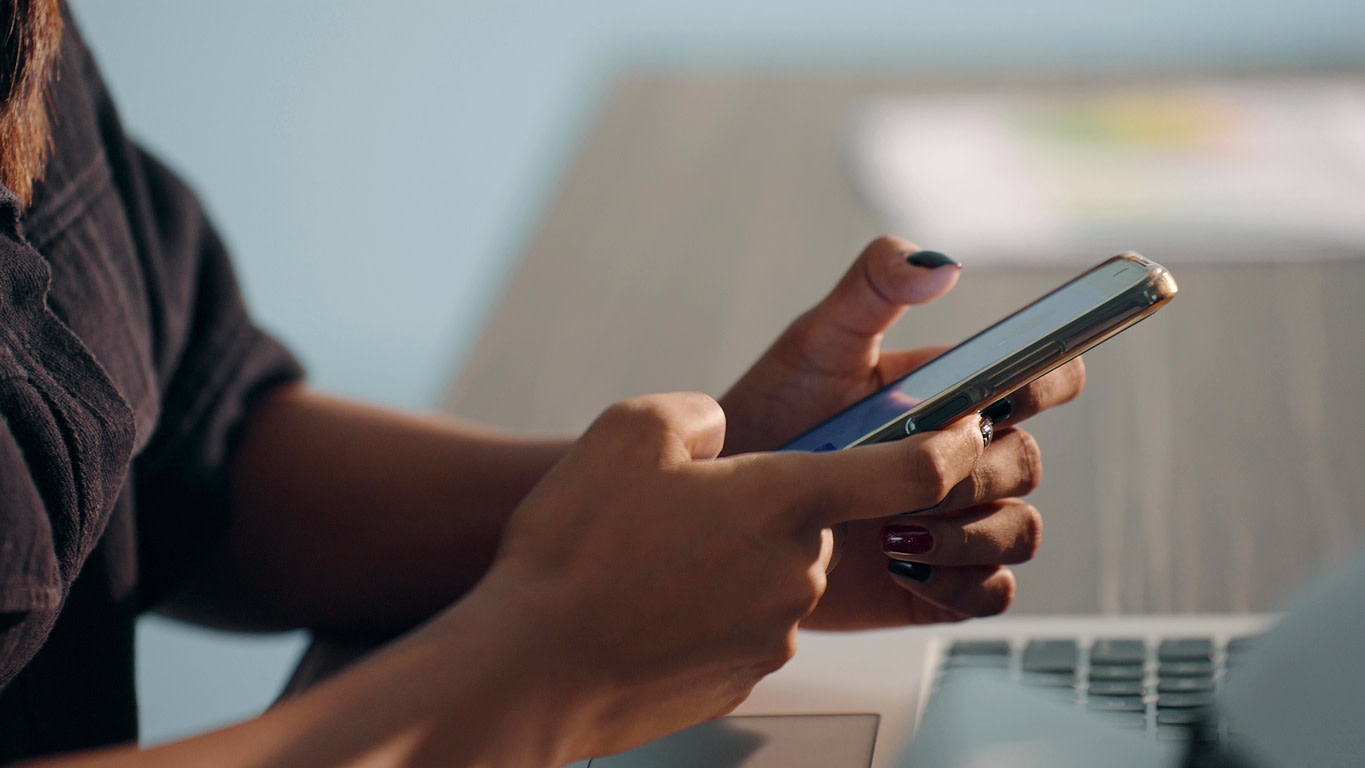Get Tips and Exercises from Physical Therapists to Relieve Texting Thumb Pain
Learn how to alleviate texting thumb pain and get expert tips and exercises from physical therapists for relief and recovery.
$0 cost to you
Published Date: Jul 3, 2024
Table of Contents
Fully covered hand or wrist pain relief
Find relief from hand pain, wrist pain, finger joint pain, & more.
Check if I'm eligibleExercises for Texting Thumb
Want expert care? Check if you're covered for our free program →- Isometric Thumb Abduction and Adduction
- Isometric Thumb Flexion and Extension
- Thumb Opposition
- Double Wrist Extensor Stretch
